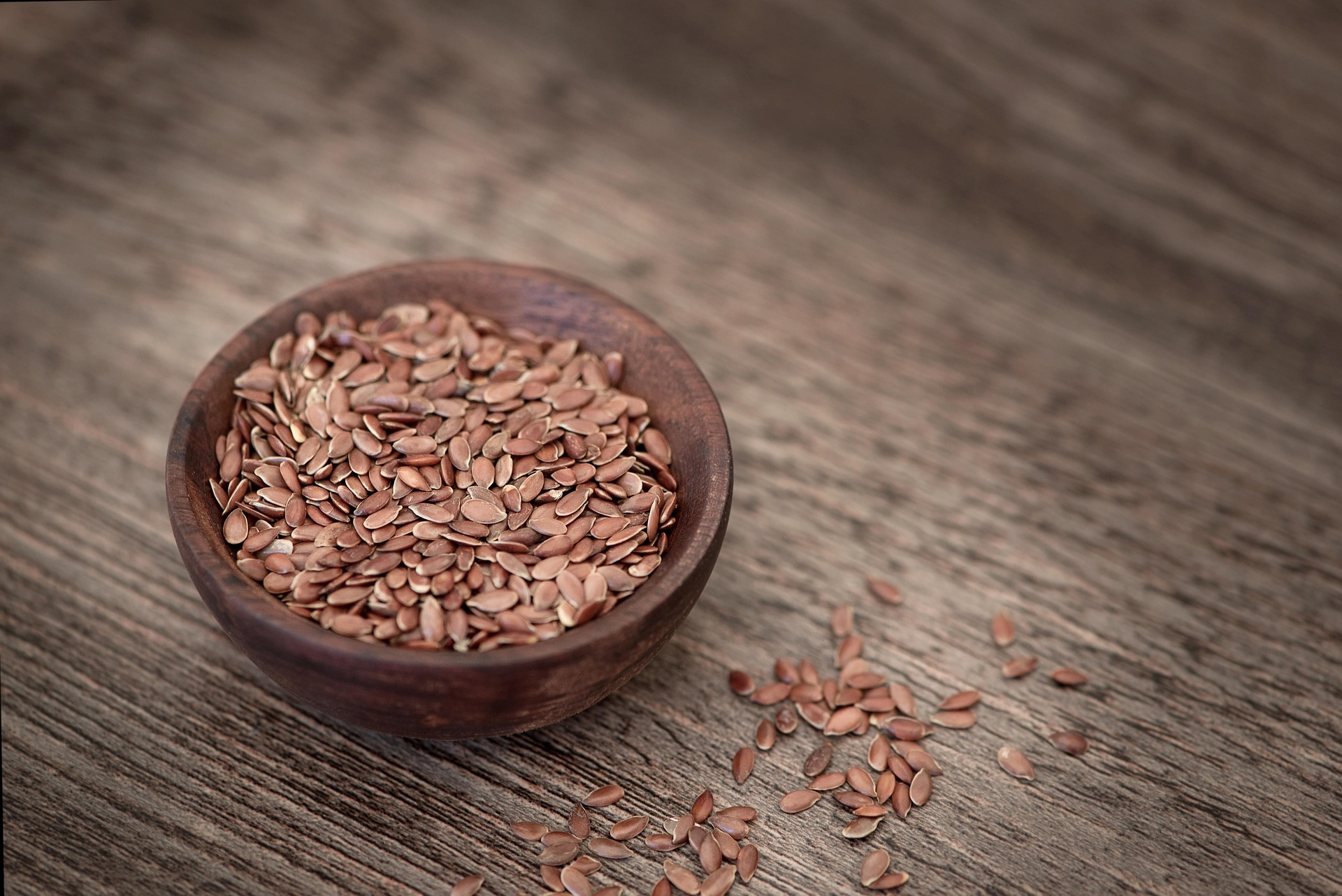Breaking Down the Myths: A Deep Dive into the Health Impact of Coffee
Do you start your day with a jolt of caffeine? Have you ever pondered whether your daily cup of java is beneficial or detrimental to your health? Let's delve into the intricate world of coffee and its effects on our well-being. The story of coffee is as rich and complex as its flavor. Legend has it that the coffee plant was discovered in Ethiopia by a goat herder named Kaldi around the 9th century. Noticing the energizing effects of the plant on his goats, Kaldi shared his discovery with local monks, who began using it to stay awake during long prayer sessions. Thus began the spread of coffee across continents, eventually becoming a global phenomenon.

Scientific interest in coffee and its health implications began in the late 19th century but gained traction in the 20th century as coffee consumption increased worldwide. The 21st century has seen an explosion of research, with studies exploring coffee’s impact on various health aspects, from heart health to cognitive function.
Current Perspectives on Coffee and Health
Today, the scientific consensus is that moderate coffee consumption—up to three to four cups per day—is safe and potentially beneficial for most people. The key word here is ‘moderate’. Consuming too much coffee can lead to health problems such as insomnia, acid reflux, and heart palpitations.
Recent research suggests that coffee may have several health benefits, including a reduced risk of certain cancers, Parkinson’s disease, type 2 diabetes, and liver disease. It’s also linked to improved cognitive function and a potential protective effect against Alzheimer’s disease. However, these benefits need to be balanced against potential risks, such as increased levels of cholesterol, disrupted sleep patterns, and potential addiction due to caffeine.
The Science Behind Coffee’s Health Impact
The health effects of coffee can largely be attributed to its rich array of bioactive compounds, including caffeine, chlorogenic acids, and diterpenes. These compounds have antioxidant, anti-inflammatory, and potentially neuroprotective properties.
Caffeine—the compound we often associate with coffee—is a stimulant that can enhance alertness, mood, and cognitive function. However, it can also cause anxiety, restlessness, and sleep disturbances in some individuals, particularly those who metabolize caffeine slowly.
Practical Coffee Insights
* Enjoy your coffee, but in moderation.
* Opt for filtered coffee to minimize cholesterol-raising compounds.
* Be mindful of what you add to your coffee. Sugary syrups and whipped creams can turn a healthy cup into a calorie-laden drink.
The Final Verdict on Coffee
The world of coffee is complex and multifaceted, reflecting the intricate ways in which this beloved beverage interacts with our health. While coffee appears to offer several health benefits, these must always be balanced against potential risks. In essence, the key message is one of balance and moderation. So, go ahead, savor that morning cup of coffee, but always with a mindful approach to your overall health.






